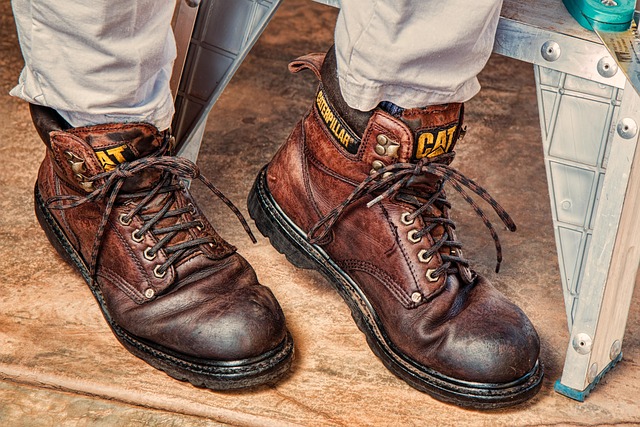In today’s fast-paced world, the quest for comfort transcends mere physical pleasure and taps into the deeper existential need for meaning and understanding. As we navigate through the complexities of life, science and modern philosophy offer illuminating insights that can help us articulate our search for comfort in a world often characterized by uncertainty.
Science, in its relentless pursuit of knowledge, provides us tools to comprehend the universe and our place within it. From physics to neuroscience, scientific discoveries shed light on physical comfort, illustrating how our environments influence our well-being. For example, research in psychology reveals how our surroundings—colors, sounds, and even architectural structures—can cultivate feelings of safety and tranquility. As we understand the biochemical responses our bodies have to these external stimuli, we start to grasp the intricate relationship between our physical state and our mental comfort.
Yet, while science offers empirical insights, modern philosophy delves deeper into what it means to be human in a modern context. Thinkers like Jean-Paul Sartre and Simone de Beauvoir challenge us to confront our freedom and the responsibility that accompanies it. They remind us that in our pursuit of comfort, we must also engage with the inherent discomfort that freedom brings. Existentialism teaches us that true comfort may not lie in the absence of struggle but rather in our capacity to accept and confront our fears, uncertainties, and the ambiguities of existence.
The intersection of science and modern philosophy presents an opportunity to explore the multifaceted nature of comfort in our lives. For instance, the concept of ‘home’ transcends mere physical space. In existential terms, home becomes a sanctuary of meaning, a space where we can reflect on our identities and find solace. Through scientific advancements like cognitive behavioral therapy, we are learning how our thoughts and beliefs shape our experiences, emphasizing that comfort can be cultivated through mental resilience.
Moreover, the comforts we seek are often influenced by social constructs. In a world where consumerism pervades, genuine comfort is sometimes lost in the pursuit of material possessions. Modern philosophers critique our society’s obsession with external validation, suggesting that comfort rooted in self-awareness and authenticity is far more valuable. Here, the tension between our desires and societal expectations becomes evident, pressing us to seek a deeper understanding of what it means to be comfortable.
As we embark on our personal journeys toward comfort, let’s embrace both the scientific insights that enhance our physical and mental well-being and the philosophical reflections that challenge us to explore the depths of our existence. Through this dual lens, we can find pathways to a more profound sense of comfort that resonates through every facet of our lives.




